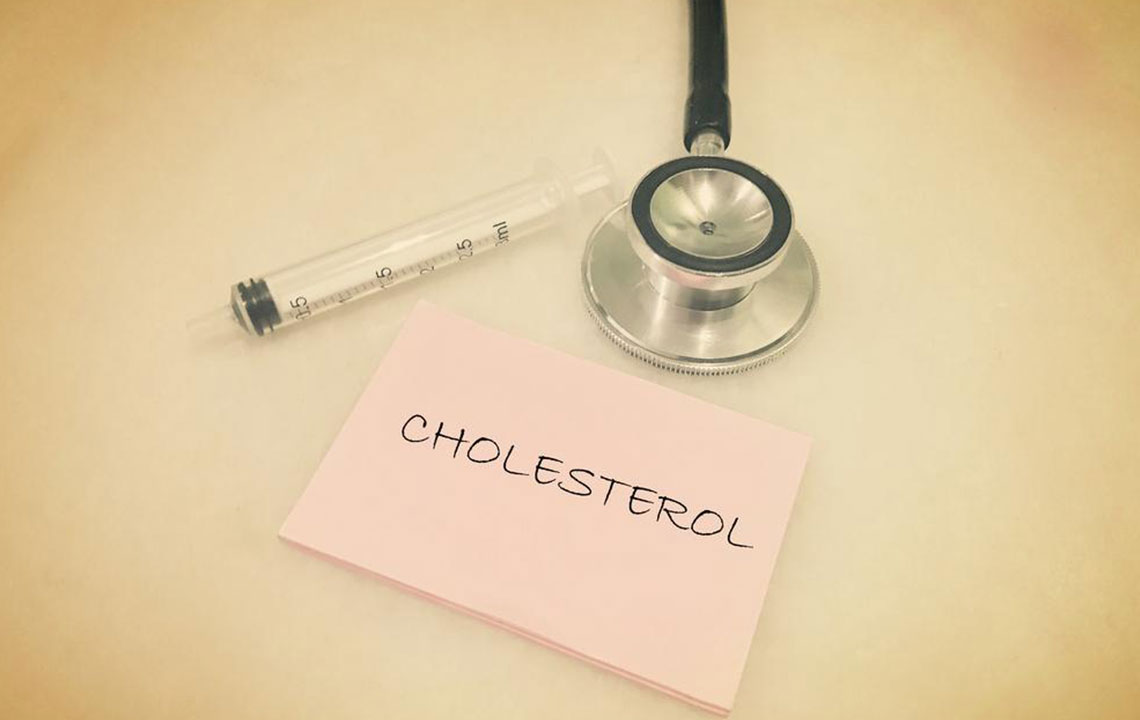Recognizing the Signs and Symptoms of Hyperkalemia
Hyperkalemia, characterized by excess potassium in the blood, can lead to serious health issues. Recognizable symptoms include breathing difficulties, weakness, numbness, nausea, chest pain, and abnormal heart rhythms. Prompt medical intervention is essential to prevent severe complications. Treatment includes medications and dietary modifications, but always consult healthcare providers for personalized advice and management of potassium levels to ensure safety and well-being.

Maintaining balanced mineral levels is vital for overall health, but excess minerals can pose serious risks. Potassium, a key electrolyte, supports muscle function, nerve signaling, and cardiac health. The body regulates potassium via the kidneys, which eliminate surplus amounts. Normal blood potassium ranges from 3.6 to 5.5 mmol/L. Elevated potassium, or hyperkalemia, occurs when levels surpass this, potentially endangering life. Symptoms of hyperkalemia can range from mild discomfort to severe health issues.
High potassium levels might cause:
Breathing difficulties: Shortness of breath during routines or exertion is common with hyperkalemia.
Weakness and fatigue: Feeling unusually tired or weak, even without significant activity, may indicate elevated potassium.
Numbness or tingling: Unusual sensations in limbs or other regions can be signs of this condition.
As blood potassium levels rise, symptoms can intensify to include nausea, vomiting, chest discomfort, and abnormal heart rhythms. Immediate medical attention is crucial upon experiencing these signs to prevent serious complications such as cardiac arrest. Treatment options include medications like Kalexate, VELTASSA, Kionex, Lokelma, and Neut, but always consult a healthcare professional before starting therapy. Dietary adjustments are also recommended to help manage potassium levels effectively.
Disclaimer: Our articles aim to provide helpful information across various health topics. While our team conducts research to ensure accuracy, readers should not consider this as medical advice. Always seek professional consultation for health concerns and stay updated with current medical recommendations.










